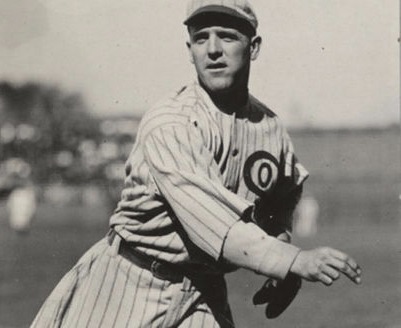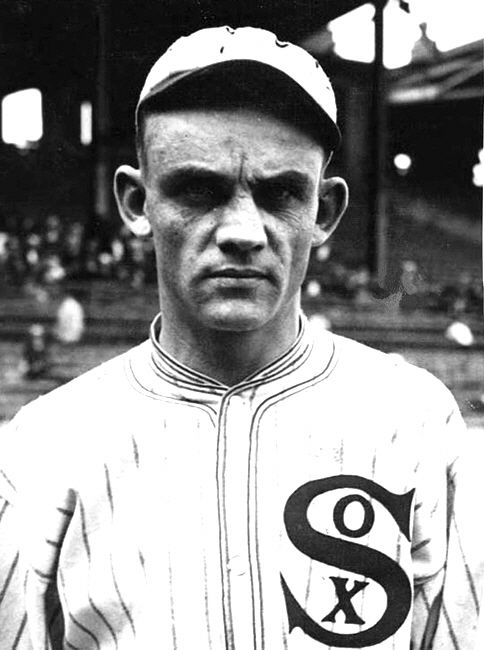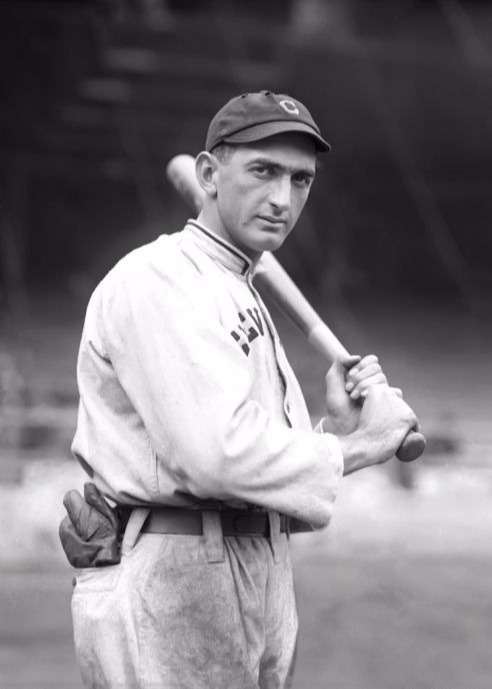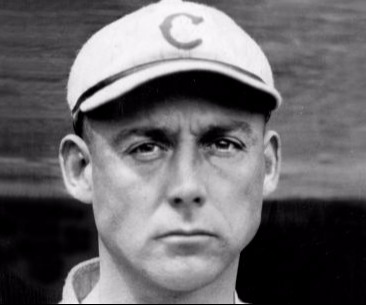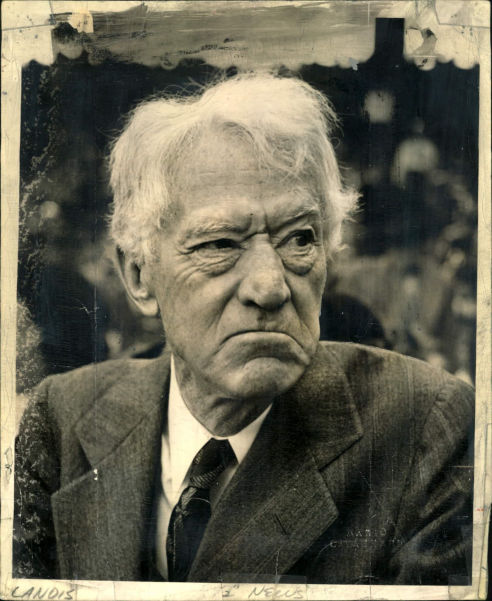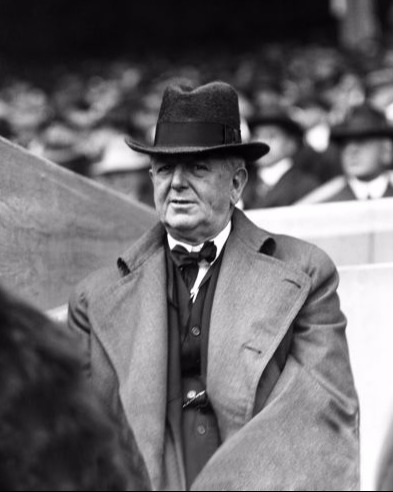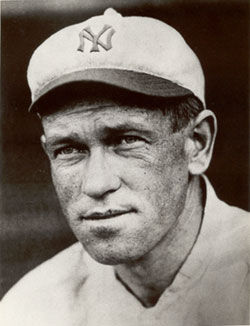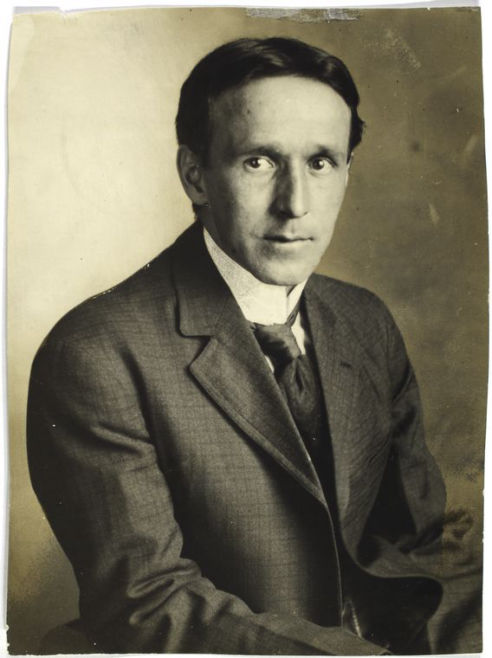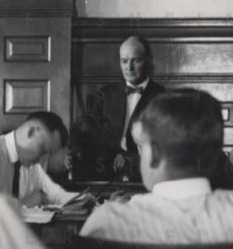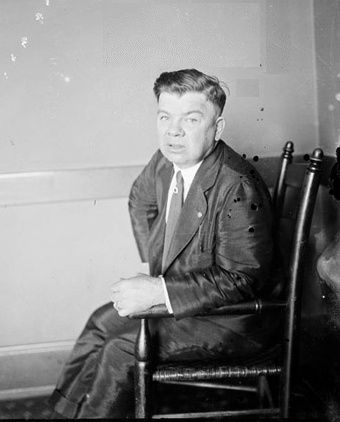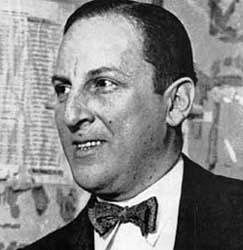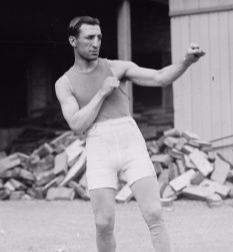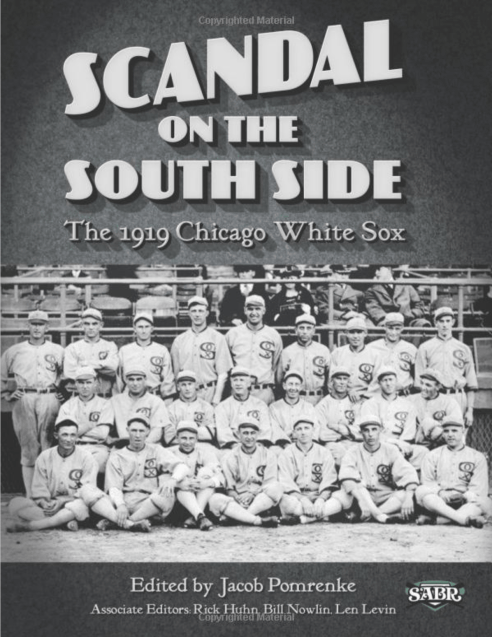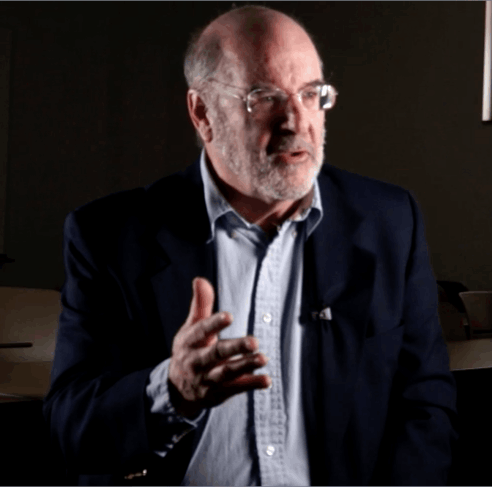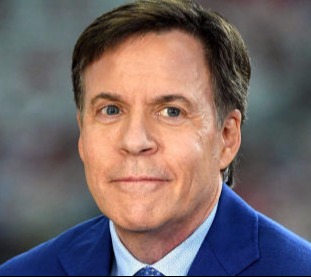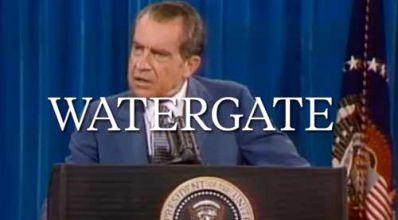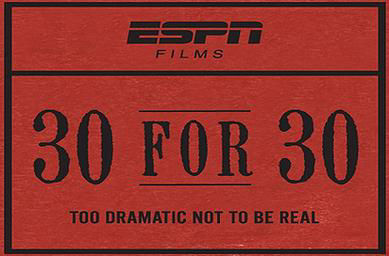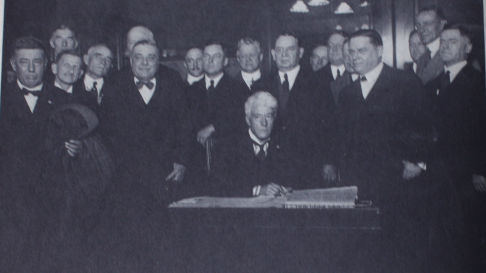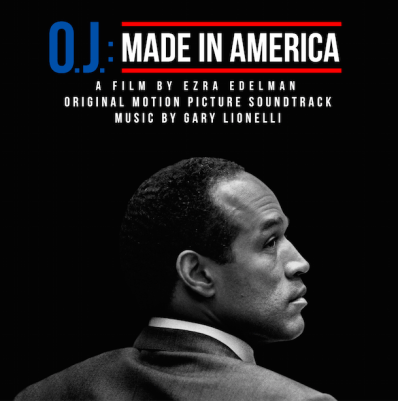The Pitch
For fifty-seven years, the story of the Black Sox Scandal has had but one narrative: the players who threw the 1919 World Series were the victims. The victims of corporate greed and abuse. However, none of that is true. Contemporary research has shown that the players were more likely driven by greed and the belief they would not get caught. Comiskey was not the bad owner he has been portrayed as. Why is the story most know inaccurate? For fifty seven years the story of the Black Sox Scandal has relied heavily on one source: Eight Men Out by Elliot Asinof.
The myth has been further perpetuated by the movie of the same name. This series will explore the new narrative and exploit the old. Finally, the series will conclude by looking at the real victims of the 1919 World Series: The team that won - the Cincinnati Reds.
We propose to make an in depth six episode documentary series about the Black Sox Scandal. Starting with the culture that led the players to throw the series, to the infamous 1919 season to the trial, to when the players were banned and finishing up with what they did after it all.
The story will follow Eddie Cicotte and Chick Gandil as they plot to throw the World Series. Although these two men were the initiators of the fix, once caught both men took different paths. An analysis will be done of which games were thrown. We will explore the tangled web of which gamblers agreed to pay and which players received if any of the money they were promised.
The Cincinnati Reds will be shown to be a worthy opponent even as some of their players were also approached to fix games.
We will interview leading experts in the field, including several who have written books on the subject and are members of Society of American Baseball Research (SABR). We hope of have a famous actor record voice over throughout the series, such as Jon Hamm, Billy Bob Thornton or John Cusack. Although this is a historical documentary series we hope to have debate between our interviewees. This is a search for the truth and what really happened, but we may never know the ultimate truth.
